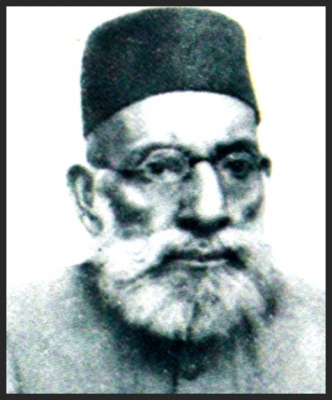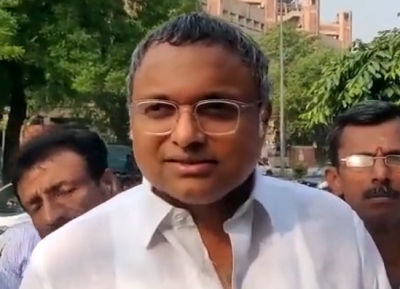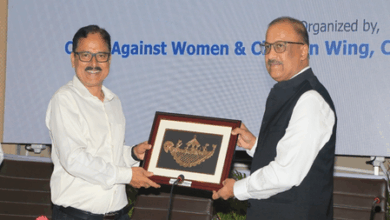75 Independence Day: The poet who called total freedom by his ‘Inquilab Zindabad’ in 1875

By D N Singh
It has been usual that the history is often written by the victors and later rewritten by the historians. That inspires the posterity.
But in our fight for freedom it has been noticed that some fighters without being named much, have scripted lines which led to the creation of a history.
Syed Fazal-ul-Hasan, popularly known as Hasrat Mohani was born in 1875 in Mohan, a town in Unnao district of the United Provinces of British India. He proposed complete independence for the first time before the Congress in 1921. He also proposed the abolition of foreign goods, the idea which Gandhiji later developed into a movement.
Hasrat was his pen name under which he wrote Urdu poetry and his last name ‘Mohani’ refers to his birthplace Mohan. Hasrat Mohani received his initial education at home and earned his BA degree from Aligarh in 1903.
In 1904, Hasrat Mohani joined Indian National Congress and joined the national movement. In 1905, he also took part in the Swadeshi Tehreek run by Bal Gangadhar Tilak.
He was an active participant in the Khilafat movement of 1919. In 1921, he coined the slogan “Inquilab Zindabad”, and went on to participated in the Ahmedabad session of the Congress in the same year. The phrase “Inquilab Zindabad” was later popularised by Bhagat Singh.
Professor Ajay Tiwari, who retired from Delhi University, said: “Hasrat Mohani had proposed complete independence for the first time in the Congress in 1921, which was opposed by Mahatma Gandhi. The two were friends but there was also an ideological conflict between them. When Mahatma Gandhi started the Khaddar (Khadi) movement, Mohani opposed it. He believed that the indigenous industry would be ruined and the workers would be punished.”
When Mohani proposed to boycott foreign goods, Gandhiji eventually accepted the idea and 10 years later, the Swadeshi movement began. Gandhi mentioned this in his autobiography that due to Mohani’s insistence, he was “compelled”. He wrote: “I was compelled to include the non-cooperation movement in the Swadeshi movement.”
It is said about Hasrat Mohani that, when he went to study in Aligarh, he did not wear the kind of pajamas people there popularly wore, he used to wear a normal kurta and carried a paan daan with him and wrote poetry. The orthodox people of Aligarh were annoyed by his dressing and the way he walked.
Mohani came out with a newspaper (Urdu-e-Mualla) that he used for furthering the cause of freedom. This angered the British who imposed a fine of Rs. 3,000.
When Mohani got his property assessed to pay the fine, his possessions summed up to a value of 50 Rupees. Because of this he went to jail. After being released from jail, he kept writing against the British and was imprisoned repeatedly.
Hasrat Mohani opposed fundamentalists, irrespective of their religion. He was secular and such people were few in the freedom movement. While living in Aligarh, he opposed the ideas of Sir Syed. This was no minor thing.
When the Constituent Assembly of India was formed in 1946, he was elected as a member from the state of Uttar Pradesh. He opposed the partition of India in 1947 and preferred to stay in India.
Maulana Hasrat Mohani died on 13 May 1951 in Lucknow.
With agency inputs






